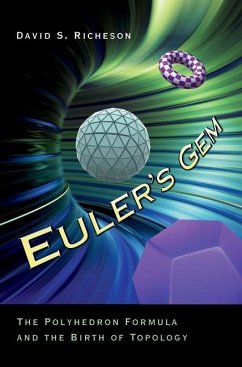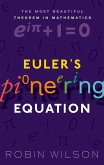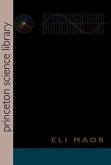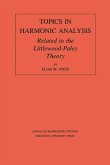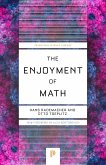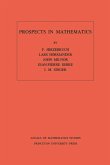From ancient Greek geometry to today's cutting-edge research, Euler's Gem celebrates the discovery of Euler's beloved polyhedron formula and its far-reaching impact on topology, the study of shapes. In 1750, Euler observed that any polyhedron composed of V vertices, E edges, and F faces satisfies the equation V-E+F=2. David Richeson tells how the Greeks missed the formula entirely; how Descartes almost discovered it but fell short; how nineteenth-century mathematicians widened the formula's scope in ways that Euler never envisioned by adapting it for use with doughnut shapes, smooth surfaces, and higher dimensional shapes; and how twentieth-century mathematicians discovered that every shape has its own Euler's formula. Using wonderful examples and numerous illustrations, Richeson presents the formula's many elegant and unexpected applications, such as showing why there is always some windless spot on earth, how to measure the acreage of a tree farm by counting trees, and how many crayons are needed to color any map.
Filled with a who's who of brilliant mathematicians who questioned, refined, and contributed to a remarkable theorem's development, Euler's Gem will fascinate every mathematics enthusiast.
Dieser Download kann aus rechtlichen Gründen nur mit Rechnungsadresse in A, B, BG, CY, CZ, D, DK, EW, E, FIN, F, GR, HR, H, IRL, I, LT, L, LR, M, NL, PL, P, R, S, SLO, SK ausgeliefert werden.

